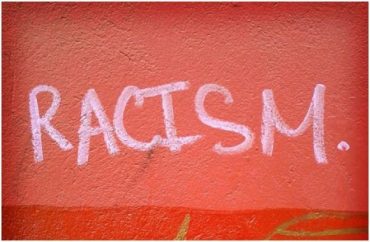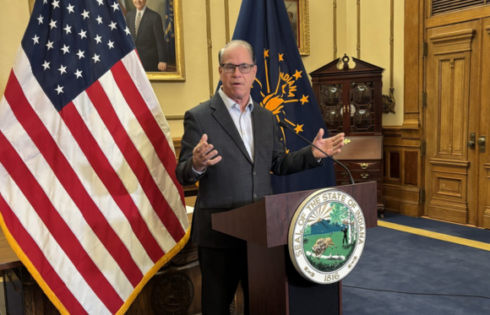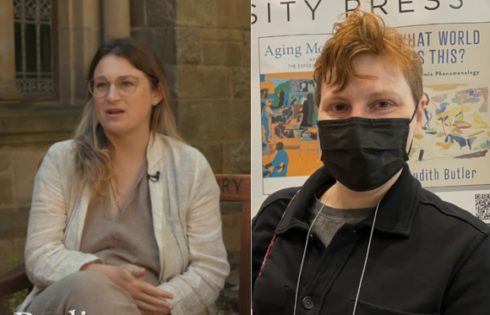
It’s pervasive and destructive and entrenched
A Catholic university in Minnesota has great reason to be ashamed of itself: This week The College Fix learned that St. Catherine University in St. Paul recently cancelled a women’s motivational conference because all of the scheduled speakers were white. According to the university, the all-white lineup did “not reflect the diverse St. Kate’s community of today nor the world of tomorrow we are committed to creating.” That is evasive, equivocal doggerel: What happened was that the university, in thrall to the current zeitgeist of campus race-based identity politics, opted to throw nearly thirty qualified and willing speakers under the bus simply because of the color of their skin. It is a disgrace.
It is a distinct impossibility that, had the speaker lineup consisted entirely of black, or Asian, or Native American women, the university would not have viewed the conference as unacceptably non-diverse. Academia’s problem with race runs strictly in only one direction. It mattered not that the women scheduled to speak at this conference were successful, capable, intelligent and eager to share their worldview: What mattered instead was that they were all white. To the university, such a lineup was unacceptably bad optics.
It seems incredible that one is obliged to point this out to campus administrators, particularly those at a Catholic university, but: The color of a speaker’s skin matters not one whit concerning his or her ability to address an audience. Moreover, the racial make-up of a speaker’s list—assuming it was chosen fairly, as this one was—is not, in any way, a sufficient or even necessary determinant to the suitability of a conference. Put another way: Don’t judge people by the color of their skin. White, black, brown, yellow, whatever: It’s not important. This is not difficult to understand.
But the modern academy—suffused as it is with modern progressive racial politics—is obsessed with skin color, to the point that a university’s cancelling an event because too many of its participants were white is seen as a non-issue, barely worth remarking on. This is a bizarre, mystifying way to look at the world: Judging everything through a prism of neurotic and inflexible racial principles. This kinds of politics has dug itself deep into our institutions of higher learning. It will not be easy to get it out.
MORE: Uh oh: Stanford history conference was ‘too white’ and ‘too male’
MORE: In white privilege discussion group, white students can’t ask black students questions
IMAGE: Flickr
Like The College Fix on Facebook / Follow us on Twitter






Please join the conversation about our stories on Facebook, Twitter, Instagram, Reddit, MeWe, Rumble, Gab, Minds and Gettr.